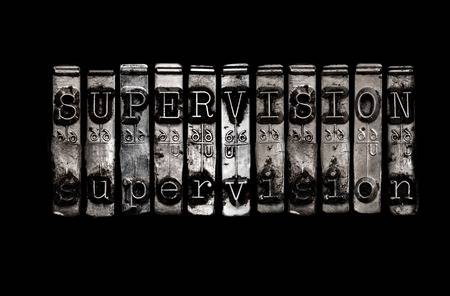 Peer-based recovery support services (P-BRSS) have grown exponentially in recent years as an adjunct, and in some cases, an alternative to professionally-directed addiction treatment. P-BRSS are also being integrated within allied human services, primary health care, the child welfare system, the criminal justice system, and managed behavioral healthcare organizations. Reviews of the research to date on P-BRSS (See White, 2009; Reif, et al, 2014;?Boisvert, et al, 2008) suggest salutatory effects of such services on long-term recovery outcomes. A growing body of literature explores such areas as the history and theoretical foundation of P-BRSS, the role of such services within drug policy, the integration of P-BRSS into recovery community organizations, avoiding role ambiguity and role conflicts in the delivery of P-BRSS, and ethical issues that arise in the delivery of P-BRSS.
Peer-based recovery support services (P-BRSS) have grown exponentially in recent years as an adjunct, and in some cases, an alternative to professionally-directed addiction treatment. P-BRSS are also being integrated within allied human services, primary health care, the child welfare system, the criminal justice system, and managed behavioral healthcare organizations. Reviews of the research to date on P-BRSS (See White, 2009; Reif, et al, 2014;?Boisvert, et al, 2008) suggest salutatory effects of such services on long-term recovery outcomes. A growing body of literature explores such areas as the history and theoretical foundation of P-BRSS, the role of such services within drug policy, the integration of P-BRSS into recovery community organizations, avoiding role ambiguity and role conflicts in the delivery of P-BRSS, and ethical issues that arise in the delivery of P-BRSS.
But surprisingly, little has been written on the supervision of peer recovery support services. Through support of a grant from the Oregon Health Authority (Health Services Division), Substance Use Disorder Peer Supervision Competencies has just been completed. The report is authored by Eric Martin, Anthony Jordan, Michael Razavi, Van Burnham, IV, Ally Linfoot, Monta Knudson, Erin Devet, Linda Hudson, and Lakeesha Dumas. J. Thomas Shrewsbury. Dr. Jeff Marotta, Dr. Ruch Bichsel, and Kitty Martz served as editors. The supervisory competencies are organized within four sections of the report: Recovery-Oriented Philosophy, Providing Education & Training, Facilitating Quality Supervision, and Performing Administrative Duties. This document is an invaluable resource for organizations involved in the recruitment, selection, orientation, training, and on-going supervision and evaluation of recovery coaches and other support specialists. It stands as an excellent complement to SAMHSA's 2015 Core Competencies for Peer Workers in Behavioral Health Services.
I think the greatest mistake that could be made in guiding the delivery of P-BRSS would be to assume that traditional models of clinical supervision within addiction treatment can be indiscriminately applied to the supervision of P-BRSS delivery. If that occurs, peers providing recovery support service will be turned into little more than junior counselors and the potential vitality of that role and the broader role of community in long-term recovery will be lost.
P-BRSS require a distinct role definition, different standards of practice, and different models of supervision. Substance Use Disorder Peer Supervision Competencies will help assure such distinctiveness. I commend this report to all organizations providing peer-based recovery support services.